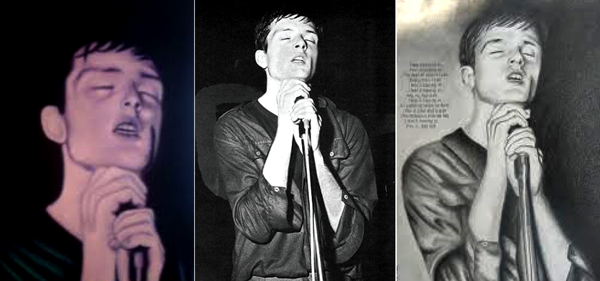Reading what’s extraneous
Last week at Big Other, Paul Kincaid put up a brief but intriguing post in which he asks to what extent various factors surrounding a text influence the way we think about it or its author. He gives the following example:
The program I use for databasing my library pulls down information from a wide variety of sources ranging from the British Library and the Library of Congress to Amazon. More often than not, this can produce some very strange results. I have, for instance, seen novels by Iain Banks categorized as ‘Food and Health’, and novels by Ursula K. Le Guin categorized as ‘Business’. In all probability, these are just slips by somebody bored, though you do wonder what it was about the books per se that led to such curious mistakes.
Paul’s musings raise many interesting questions. For one thing, we might wonder whether the factors he’s describing are indeed extraneous or external to texts. Because I can imagine a good post-structuralist immediately objecting that texts more porous than that, and that it’s all just a sea of endless texts slipping fluidly into one another.
Me, I don’t have a problem with treating texts as discrete and coherent entities, but I admit the situation is complicated.
Love will tear us apart cover

I found out from wikipedia today that Ian Curtis hung himself. Sorry I did not know this earlier. He was the singer of Joy Division, named after what Nazis called a special area designated for all the attractive Jewish girls to rape. Because I’m morbid, I often think about how bad it would feel being slowly herded towards my noose, seeing that circle from afar, that apathetic rope just hanging there. When you’re young and sad, maybe you gravitate towards Joy Division, and then in high school art class when the teacher asks you to draw something, you draw Ian Curtis. You draw it with paint or pencil, filling in your self-made lines like a coloring book, fleshing out the shading in the name of a human. And maybe when you hear “love will tear us apart” in that robotic monotone, you think of that boy or girl you really like, and how you’ll never be together, how love — that soft word oft used to describe, oddly, the pit in your chest those sacred moments they pass in the hall — has failed to tear you apart. It only punctured you. And you remember these people forever, each syllable that made up their name, until the past becomes the present in f , and each facebloat is a little bloated older, a little less mind-photoshopped as you remembered, and here we are.

